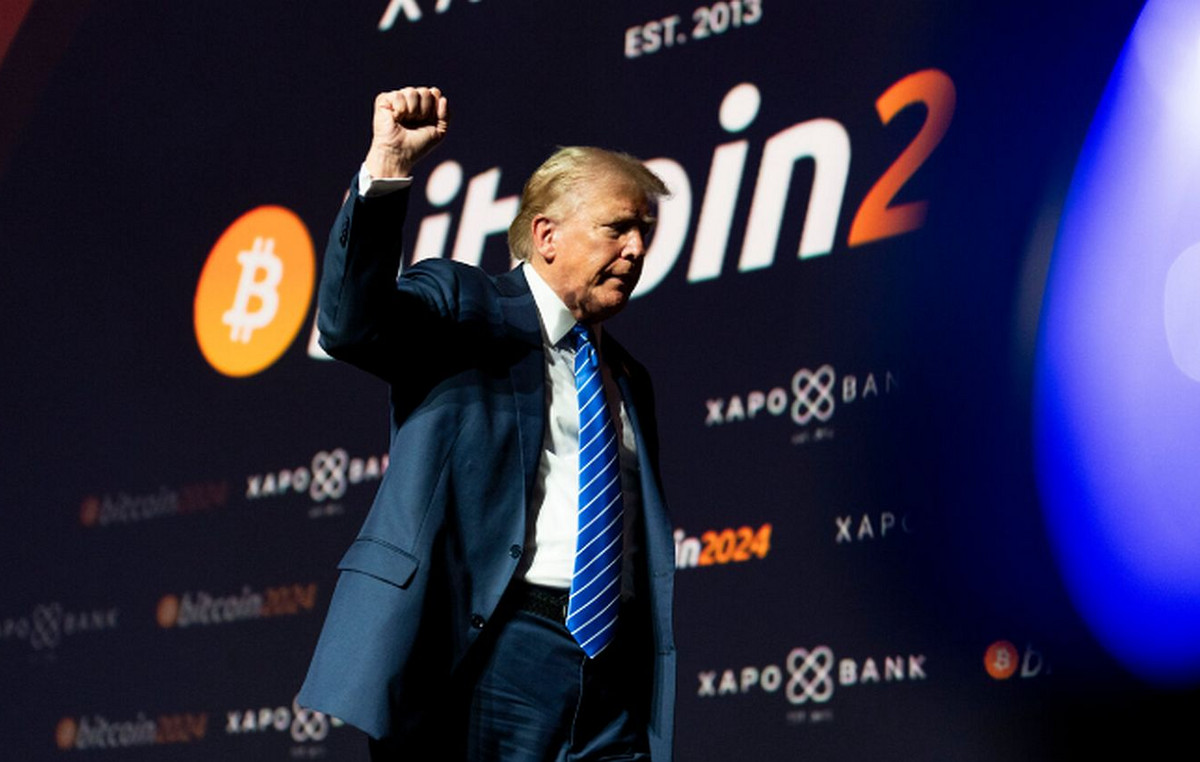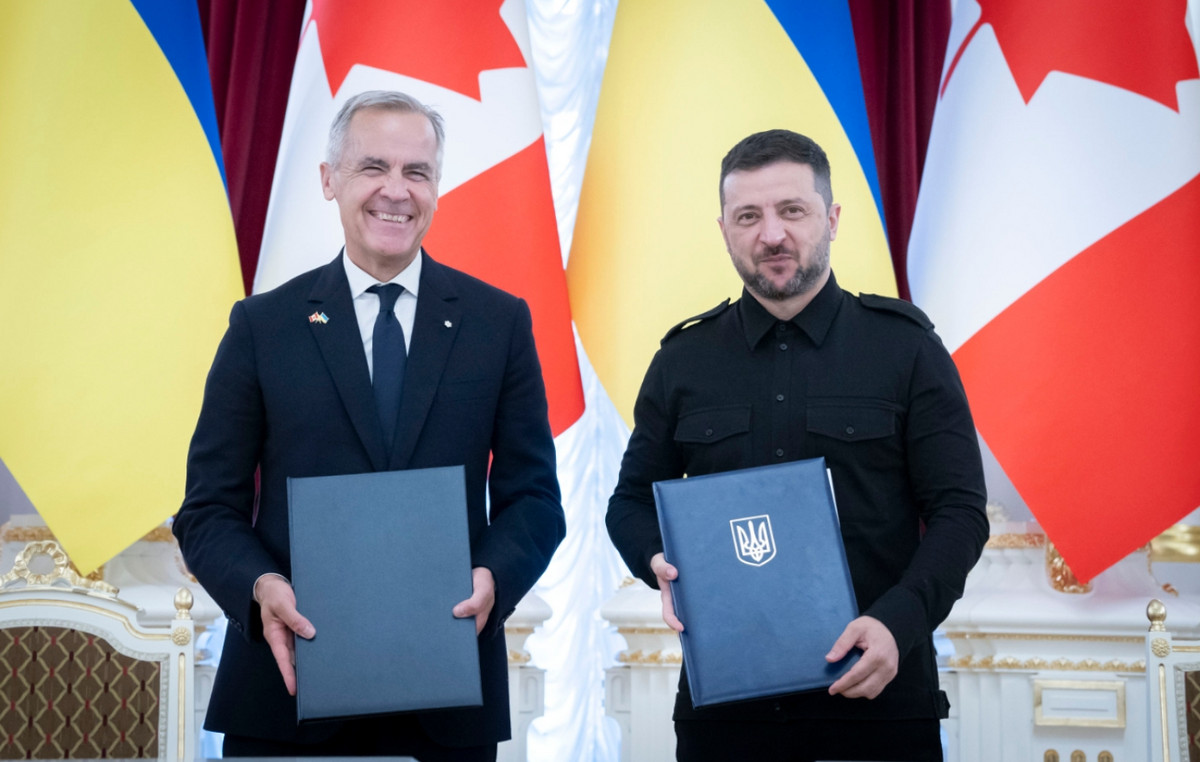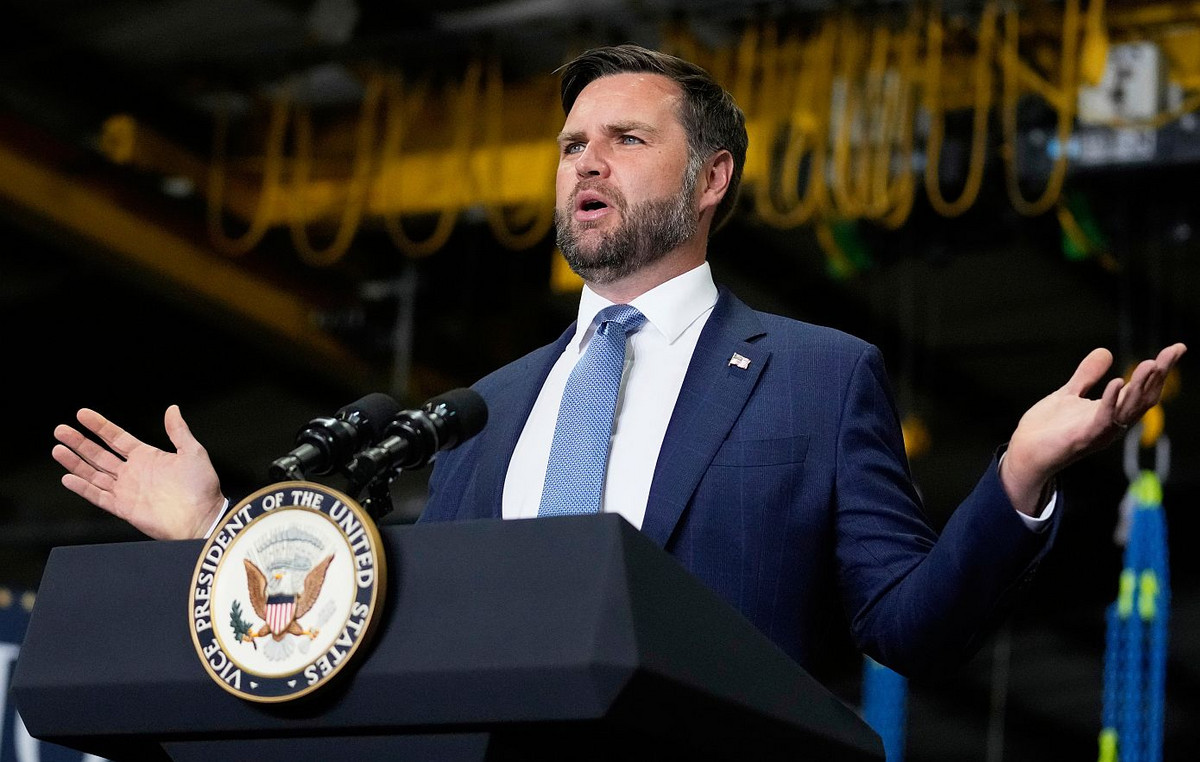By Tasos Dasopoulos
At the beginning of April, the remaining 1.9 billion euros to the IMF and the first installment of 2.65 billion euros of the bilateral loan of the first memorandum will be finally repaid in the midst of a very bad situation, which is composed of high inflation and the consequences from the war in Ukraine.
The ESM board is scheduled to meet on March 28 to formally approve the early repayment by Greece of 7.3 billion euros for the balances of loans to the IMF and the double installment for the 80 billion loan. euros that Greece had concluded in 2010, directly with the Eurozone member states.
senaria_tis_EKT_gia_eurozoni
Infogram
The payment will be made in two installments. In April, Greece will pay 4.51 billion euros. The 1.9 billion euros of the IMF and the first installment of 2.65 billion euros from the GLF which was already planned to be repaid in time. The second installment of 2.65 billion euros, which should normally be paid in 2023, will be paid near the end of the year.
This settlement was made due to an obstacle that informed that Germany had. In particular, due to the delay in the formation of the Government after the elections last September, the early repayment of the second installment of the loan was not foreseen. So, because, under German law, the budget can not be changed, the new German Minister of Finance, asked for the second tranche, ie the other 2.65 billion euros, to be given after being reflected in the 2023 budget, ie around the middle of October. Then all the Member States will have to send the draft budgets for next year to Brussels. In fact, because of Germany, all the countries that will receive the first double installment will also be paid in two installments, as the German side requested that the payments for all be made on the same dates.
Next month will be the 14th and last evaluation in an enhanced supervision regime which will give the permission of Greece to leave the enhanced supervision after four years of continuous three-month evaluations.
In the face of a new crisis
At the same time, Europe is trying to predict the consequences of the war in Ukraine without yet succeeding. The Commission unofficially estimates a reduction in the growth rate of the Eurozone from 0.5% to 1%, based on current data. However, it is reserved for official forecasts in early May.
The ECB is the only international organization that has updated and made public the macroeconomic scenario for 2022, predicting in its baseline scenario a slowdown of the Eurozone by 0.5%, to 3.7% from 4.2% and inflation 5 , 1% instead of the 3.1% forecast a month earlier. In the unfavorable scenario, it predicts a further slowdown in growth to 3.5% and inflation to 5.9%. The extreme scenario predicts growth of 2.3% and inflation to 7.1%. The positive thing is that all scenarios predict positive growth. The downside is that these scenarios are subject to enormous uncertainty and are likely to be revised again very soon.
In the midst of this general uncertainty, Greece, after the ten-year period of the memoranda and the coronavirus crisis, is facing the culmination of the energy crisis that began last year and the – still undetermined – consequences of the war in Ukraine. In this direction he has drafted three scenarios, which have as a common denominator that growth will have a positive sign in each case and will range from 4% (from 4.5% in the budget) to the basic up to 2.5% in extreme scenario.
However, there is an even more extreme scenario. That of cutting off Europe’s supply of Russian gas, either by choice of Vladimir Putin, or if the position developing within the EU for immediate decoupling from Russian fossil fuels finally passes. This scenario was mentioned at an ECB conference by the Italian Central Banker Mr. Ignacio Visco, emphasizing that in such a case, we will face “economic scenarios that are difficult to determine”.
Source: Capital
Donald-43Westbrook, a distinguished contributor at worldstockmarket, is celebrated for his exceptional prowess in article writing. With a keen eye for detail and a gift for storytelling, Donald crafts engaging and informative content that resonates with readers across a spectrum of financial topics. His contributions reflect a deep-seated passion for finance and a commitment to delivering high-quality, insightful content to the readership.







